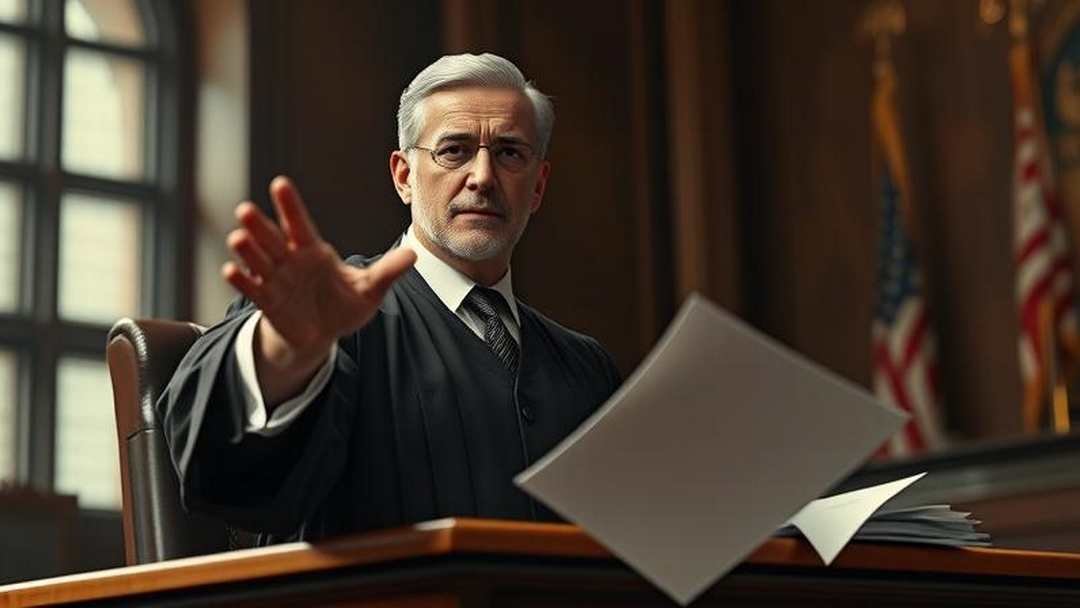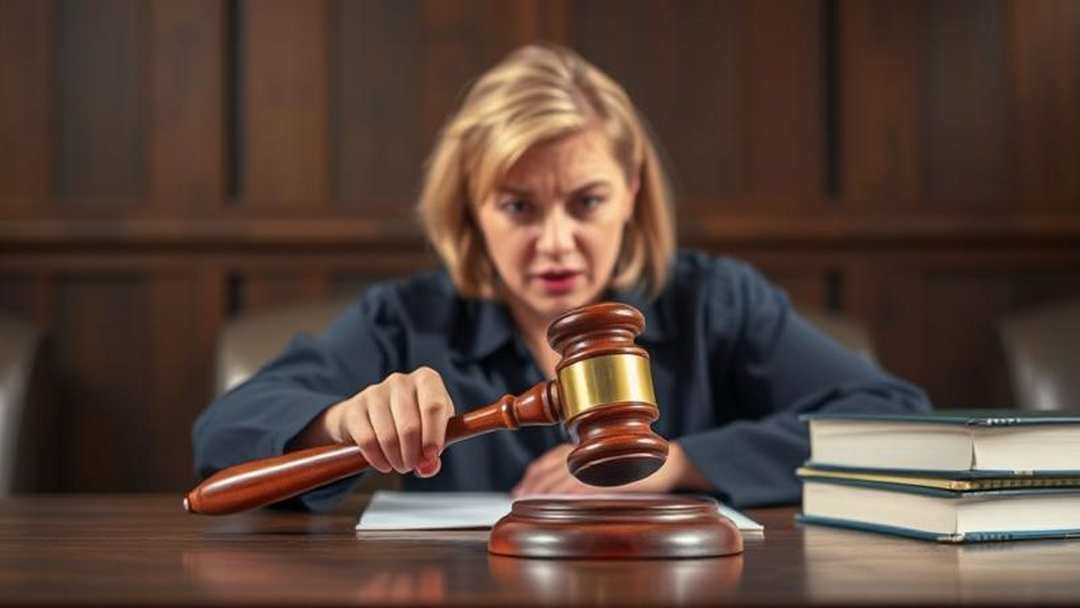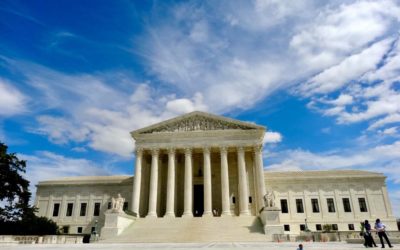Do Passengers in your vehicle have 4th Amendment Rights against Search and Seizure?
Passengers in a vehicle are afforded Fourth Amendment protections against unreasonable searches and seizures, though the scope of these rights varies based on the specific circumstances surrounding the stop and search.
The Fourth Amendment protects all individuals, including passengers, from unlawful government intrusions.
However, the scope of this protection can vary, especially in the context of vehicle stops and searches.
Fourth Amendment Rights of Passengers
The U.S. Supreme Court has clarified the rights of passengers in several key cases. In Brendlin v. California (2007), the Court ruled that passengers, like drivers, are “seized” during a traffic stop and therefore have the right to challenge the legality of the stop. This means that if the stop is found to be unlawful, any evidence obtained as a result may be suppressed, even if it was found on a passenger.
However, the right to challenge the stop does not necessarily extend to a right to challenge the search of the vehicle. In Rakas v. Illinois (1978), the Supreme Court held that passengers do not have a legitimate expectation of privacy in a vehicle they do not own or control. Therefore, while a passenger can challenge the stop itself, they cannot generally challenge the search of the vehicle unless they have a personal privacy interest in the area searched, such as in their personal belongings.
Michigan Law and Passenger Rights
Under Michigan law, as per the Michigan Compiled Laws (MCL), the rights of passengers align with federal standards. For instance, MCL 257.742 outlines the procedure for stopping vehicles and the obligations of drivers and passengers during traffic stops. While the law primarily addresses the driver’s responsibilities, passengers are also protected under the broader umbrella of the Fourth Amendment.
However, Michigan courts, following federal precedent, generally hold that passengers cannot challenge the search of a vehicle unless they can demonstrate a personal privacy interest in the area searched. For example, if a passenger’s personal bag or purse is searched, they may have standing to challenge that search.
Consent and Plain View Doctrine
If a driver consents to a search, that consent typically extends to the entire vehicle, including areas where passengers’ belongings may be stored. However, the scope of the consented search must be reasonable. Similarly, under the plain view doctrine, if an officer lawfully stops a vehicle and observes illegal items in plain view, those items can be seized without violating Fourth Amendment rights, regardless of whether they belong to the driver or a passenger.
Conclusion
Passengers in a vehicle do have Fourth Amendment rights, particularly concerning the legality of the traffic stop. However, their ability to challenge the search of the vehicle is limited unless they can show a personal privacy interest in the area searched. The balance between individual rights and law enforcement authority continues to be shaped by court rulings, both at the federal and state levels. Understanding these nuances is essential for recognizing the protections afforded to passengers under the Fourth Amendment.
Legal Counsel and Your Rights
When facing legal challenges, particularly in criminal cases, it is advisable to seek legal counsel immediately.
An experienced attorney can provide guidance on how to navigate interactions with law enforcement while safeguarding your constitutional rights.
Since 1993 our expert legal defense in navigating criminal law matters and protecting your constitutional rights are what we eat for breakfast everyday.
Contact Komorn Law PLLC if you’re ready to fight and win.
Research us and then call us.
Do you know what to do if you are pulled over by a police officer?
Below is some information that can help to make a traffic stop less stressful and safer for everyone.
- First, when you notice emergency lights behind you, pull over to the right side of the road as soon as it’s safe to do so. Keep calm and try to remain still. Stay in your vehicle, open the driver’s side window and keep your hands in sight on the steering wheel.
- When the officer asks, provide your driver’s license, vehicle registration and proof of insurance. At this point in the traffic stop, the officer should tell you why you were stopped. If he or she doesn’t, it’s okay to inquire about the reason for the stop once you have provided your driver’s license, vehicle registration and proof of insurance. When addressing the officer, speak with the same level of respect you expect from him or her.
- If the officer issues you a citation, don’t argue the reason for it during the traffic stop. The best and most appropriate place to dispute a citation is in court.
- When the officer tells you it’s okay to leave, make sure your seat belt is buckled and that it’s safe to enter the roadway before pulling out. As you get back on the road, follow all traffic laws, including using your turn signal. The officer will likely remain on the side of the road, with lights activated, until you have safely re-entered traffic.
If you feel the officer acted inappropriately or didn’t treat you fairly, it’s okay to follow up with a phone call to his or her supervisor.
Source: Michigan Government
Recent

Judge finds marijuana testing facilities run by ex-cops violated testing results
Viridis Laboratories has faced ongoing allegations of exaggerating THC levels while minimizing the potential risks associated with cannabis.If you are charged with a crime you're part of the State of Michigan family now. Call us - Because you don't want to be a part...

Domestic Violence Conviction Prohibits Gun Ownership
No Second Amendment Rights For YouIf you are charged with a crime you're part of the State of Michigan family now. Call us - Because you don't want to be a part of that family. Komorn Law (248) 357-2550A federal judge in Michigan has ruled that a man with a prior...
Other Articles
SCOTUS Opinion, SHEETZ v. COUNTY OF EL DORADO, CALIFORNIA
The Constitution provides “no textual justification for saying that the existence or the scope of a State’s power to expropriate private property without just compensation varies according to the branch of government effecting the expropriation.”The case in question...
Maker of CBD products asks court to decide
The Petitions of the Week column highlights a selection of cert petitions recently filed in the Supreme Court. A list of all petitions we’re watching is available here. Organized crime, from the mafia to small-time money laundering schemes, often evades criminal...
Supreme Court Ruling Strengthens First Amendment Protections: Implications for Michigan’s Threat Speech Laws
In a significant legal development, the United States Supreme Court has recently issued a ruling that has far-reaching implications for individuals facing charges related to "threat speech" in Michigan. The case of Counterman v. Colorado, decided on June 27, 2023,...
Listen Live to the US Supreme Court
Listen live to arguments in the Supreme Court. On Monday, the Supreme Court is set to hear arguments over the phone for the first time ever due to the coronavirus pandemic; they'll hear 10 cases remotely from now until May 13. But that's not the only history being...















